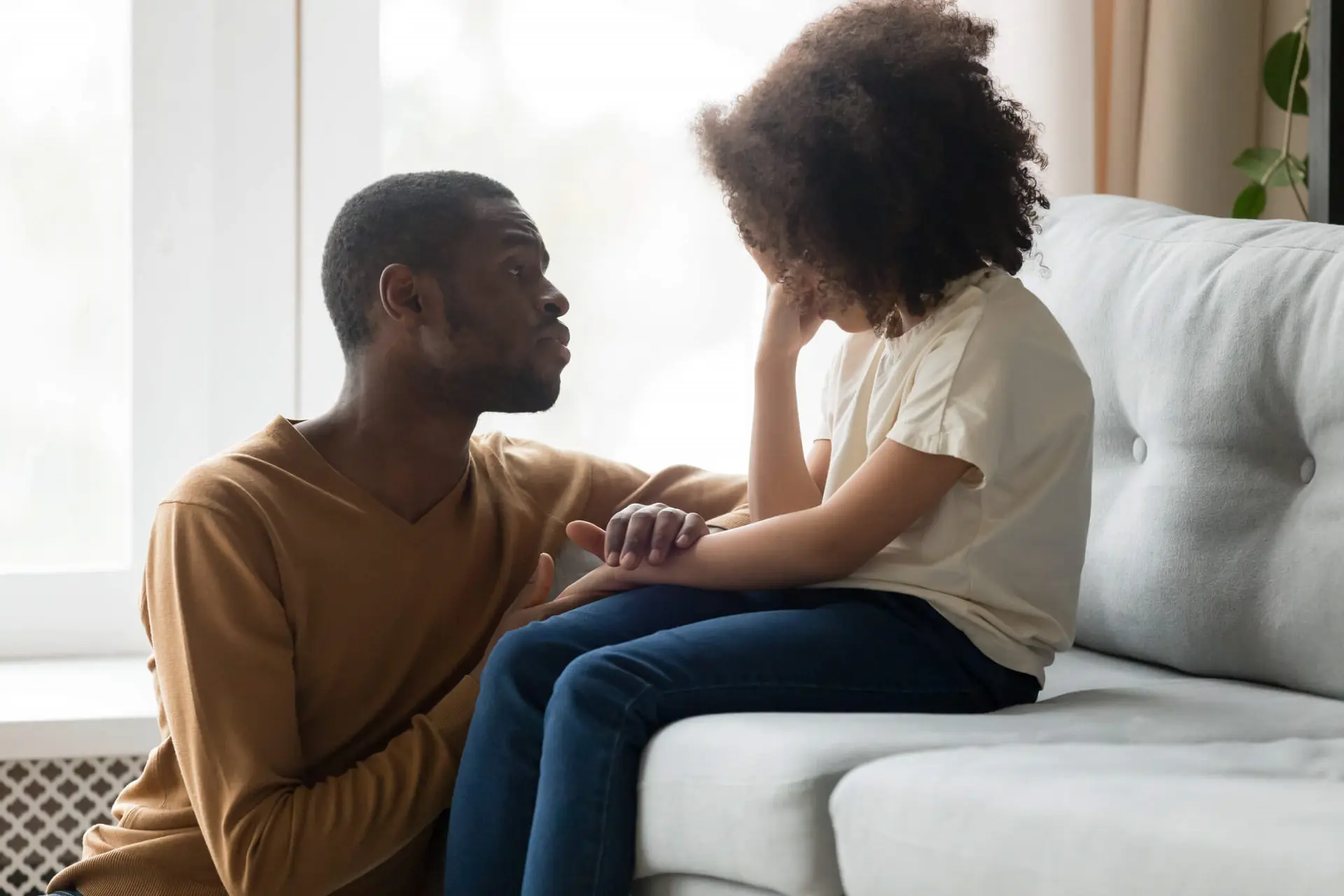Suing in tort typically focuses on an injured individual, the pain they have suffered, and the impact of the injury on their life. However in many cases, the injured individual is not the only person negatively impacted. What happens to the child of a parent who was driving their car and got into a serious accident?
The right to sue
Under section 61 of the Family Law Act ("FLA"), if a person is injured or killed by the fault or neglect of another under circumstances where the person is entitled to recover damages, or would have been entitled if not killed, certain “dependants” have a right to sue in tort. A dependant is someone who is supported or sustained by someone else, as family members often are by one another. Legally, dependants can include a spouse, children, grandchildren, parents, grandparents and siblings. That means those family members can sue someone at fault for the injury or death of their loved ones. The damages they can claim may include an amount to compensate for the loss of guidance, care and companionship that the claimant might reasonably have expected to receive from the person if the injury or death had not occurred. Two questions that come out of this are: 1) what is loss of guidance, care and companionship?; and 2) what might someone reasonably expect to receive for that kind of loss?
Loss of guidance, care and companionship
The Ontario Court of Appeal has defined these three words separately.[1]Companionship is the deprivation of the society, comfort, and protection which might reasonably be expected had the individual not been injured/passed away. Care is more basic needs such as feeding, clothing, cleaning, transporting, helping and protecting another person. Finally, guidance includes things such as education, training, discipline and moral teaching. While this may seem like a relatively intuitive concept to understand, attempting to quantify it is a much more complex endeavour.
Amount of damages/money awarded
In cases where one has lost a family member or a loved one is seriously injured, it can be very difficult to try and place a number on that loss. Thinking about intangibles like companionship, care and guidance, and converting them into monetary damages, might feel highly subjective. However, Ontario courts have maintained that damages for guidance, care and companionship must be assessed in an objective and unemotional way.[2] While tricky to do, there are some relevant factors to consider that may help contextualize such a claim. Courts will look at (i) the age, mental and physical condition of the claimant; (ii) whether the injured party lived with the claimant and, if not, the frequency of family visits; (iii) the intimacy and quality of the claimant’s relationship with the injured party; (iv) whether or not the claimant is emotionally self- sufficient; and (v) the joint life expectancy of the claimant and the injured party.[3] All those factors will still be considered on a case-by-case basis. These kinds of claims, like many personal injury cases, are very fact-driven. In a 2001 case called To v. Toronto Board of Education,[4] the Court of Appeal stated that $100,000 (awarded in this case to the parents of a teenage boy who died in a tragic accident in gym class) could be seen as the high end of the range of damages for lost guidance, care, and companionship. Twenty years later in 2021, however, in circumstances involving a tragically painful loss and particularly strong familial relationships, the Ontario Court of Appeal upheld a jury’s unprecedented parental damage award under the FLA of $500,000. They refused to interfere with the award as it was not “shocking the conscience of the court” and therefore did not reach the high threshold required for intervention.[5]
Compassionate personal injury lawyers
While no amount of money can replace the actual companionship, guidance and care lost, these kinds of claims can help struggling or grieving family members with the costs associated with having to rearrange their entire lives. At Gluckstein Lawyers we have experienced and compassionate personal injury lawyers on our team. As a part of our commitment to full-circle care, we will guide you and be with you every step of the way. Contact us for free consultation. [1]Panchyshyn v. Hammond, 2020 ONSC 381 [2] Ibid. [3]Kollaras (Litigation Guardian of) v. Olympic Airways S.A., [1999] O.J. No. 1447 (ONSC) [4] 2001 CanLII 11304 (ONCA) [5]Moore v. 7595611 Canada Corp. 2021 ONCA 459 (ONCA)
Share
Subscribe to our Newsletter

